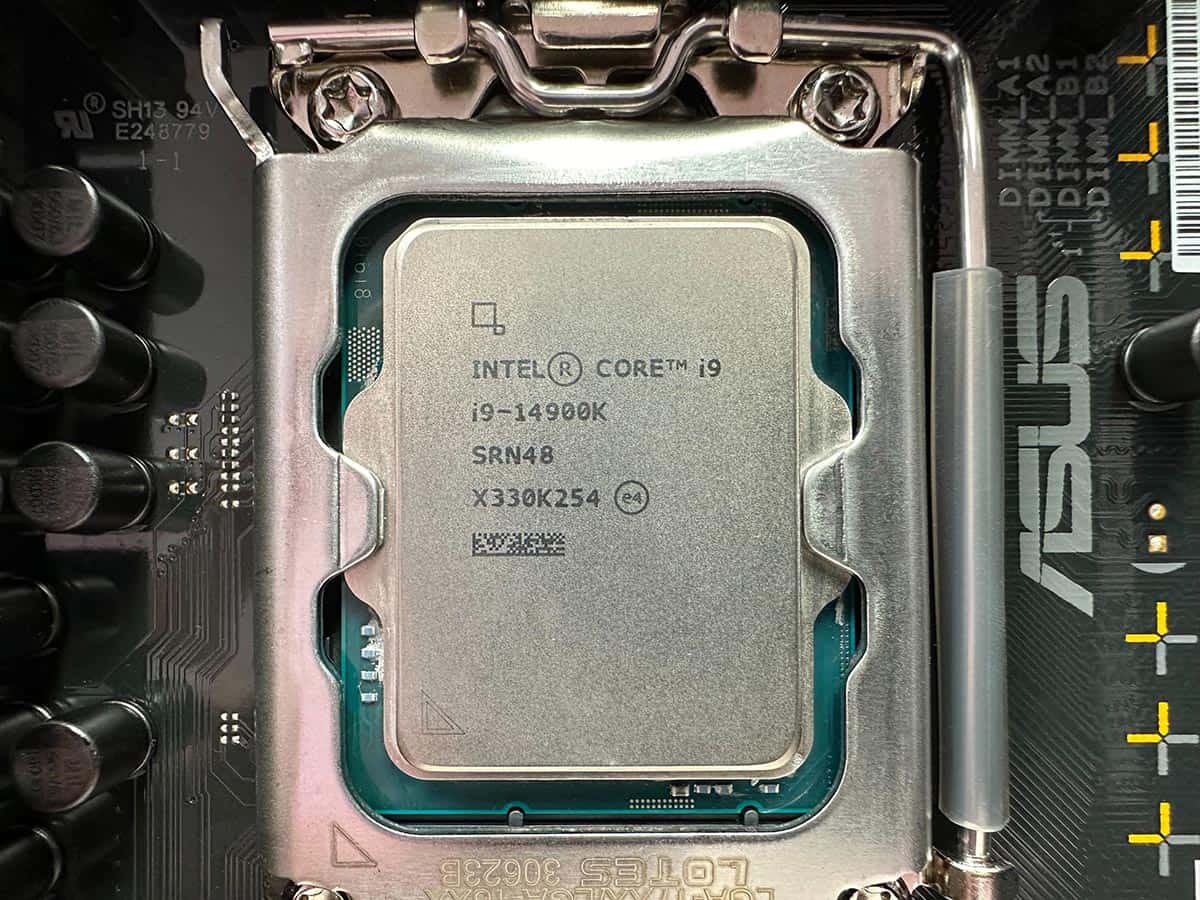Intel CPU instability patch rolls out for MSI and ASRock users, ASUS users can also get a beta

Table of Contents
Intel is supposedly rolling out a microcode update to fix the slow degradation of its 13th and 14th-generation CPUs. If you have a CPU from that generation that draws more than 65W then you also have this issue. The main patch was supposed to be released in mid-August, but it looks like some motherboard manufacturers are getting the update pushed early.
From the outside looking in, this seems like a motherboard issue, but it’s expressly to do with Intel’s microcode. BIOS updates are just a fantastic delivery method for CPU updates.
Prime Day is finally here! Find all the biggest tech and PC deals below.
- Sapphire 11348-03-20G Pulse AMD Radeon™ RX 9070 XT Was $779 Now $739
- AMD Ryzen 7 7800X3D 8-Core, 16-Thread Desktop Processor Was $449 Now $341
- ASUS RTX™ 5060 OC Edition Graphics Card Was $379 Now $339
- LG 77-Inch Class OLED evo AI 4K C5 Series Smart TV Was $3,696 Now $2,796
- Intel® Core™ i7-14700K New Gaming Desktop Was $320.99 Now $274
- Lexar 2TB NM1090 w/HeatSink SSD PCIe Gen5x4 NVMe M.2 Was $281.97 Now $214.98
- Apple Watch Series 10 GPS + Cellular 42mm case Smartwatch Was $499.99 Now $379.99
- ASUS ROG Strix G16 (2025) 16" FHD, RTX 5060 gaming laptop Was $1,499.99 Now $1,274.99
- Apple iPad mini (A17 Pro): Apple Intelligence Was $499.99 Now $379.99
*Prices and savings subject to change. Click through to get the current prices.

Several motherboard partners have announced BIOS updates to patch the microcode causing these issues, the specific wording was “mitigating instability”. ASRock and MSI have already made official statements as of the time of writing. There is a BIOS update for ASUS systems on the way, but you can get access to a Beta at your own risk, according to Tom’s Hardware.
So what happened?
Intel’s microcode has been causing some overvolting issues by bypassing stability and safeguarding mechanisms, this results in parts of the CPU being permanently and irreparably damaged. The first sign is instability, and the second is, well, CPU performance degradation and eventually death.
If you have been affected by the above, you will have to go through Intel’s RMA process to get a new CPU. This update will NOT undo the damage already done to your CPU. If you have been experiencing BSODs or instability on your 13th or 14th-generation Intel CPU, it might be best to go for an RMA.
If your 13th or 14th-generation Intel CPU is still running smoothly, then you can download and install the BIOS update to mitigate the issues potentially affecting your CPU. Intel has also extended the warranty on the 22 affected Raptor Lake and RL Refresh SKUs to 5 years, to alleviate fears of CPUs failing outside of warranty periods. There has been a lot of drama around this situation, and it’s nice to see Intel starting to put the user first.
How to get the new BIOS updates
Just head over to your motherboard manufacturer’s website and search for your motherboard. or you can just Google your motherboard model with “support” after. Look in the downloads section (sometimes different for each manufacturer) and look for the BIOS tab. Download the latest version, it should denote changes to the microcode in the notes.

